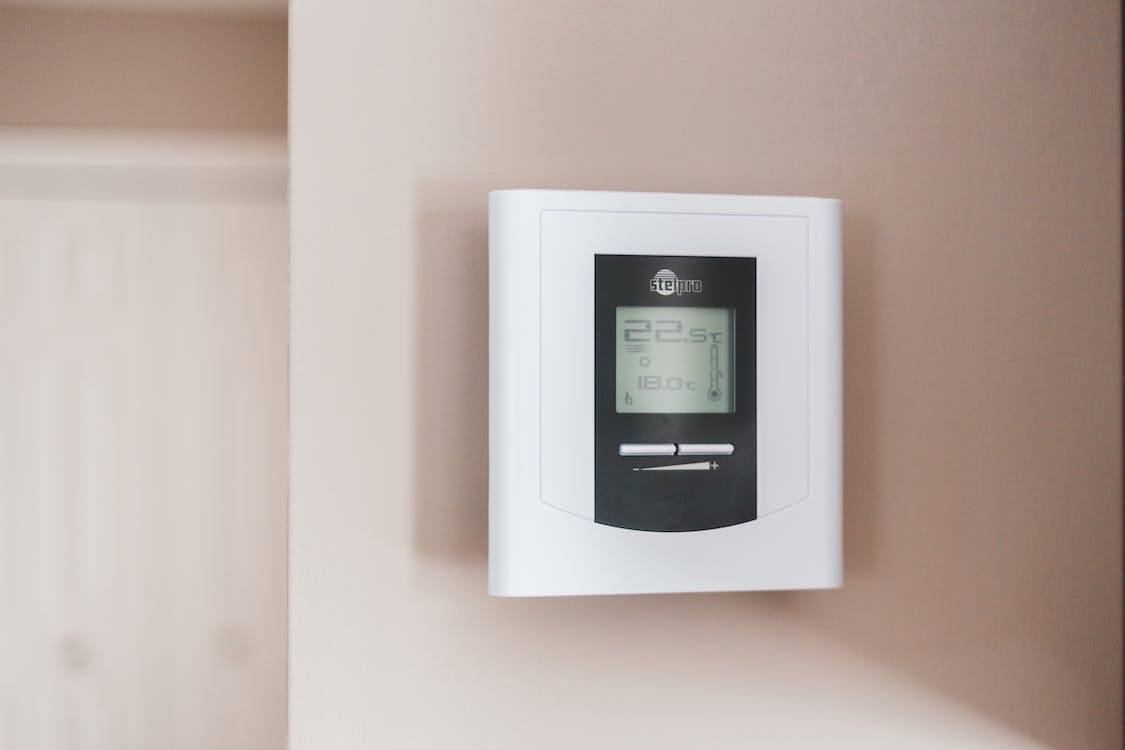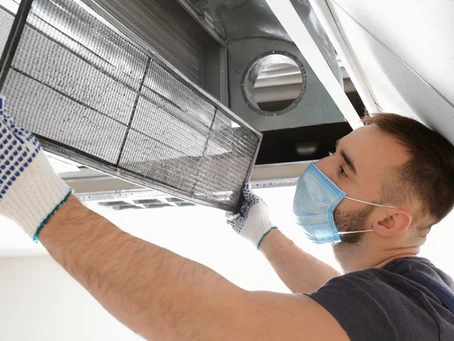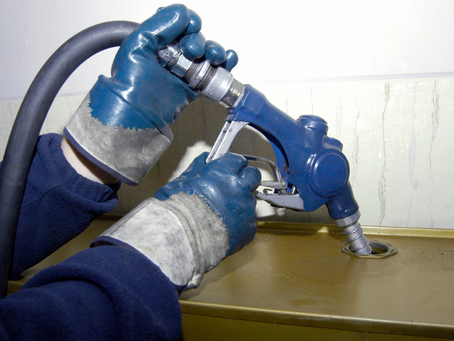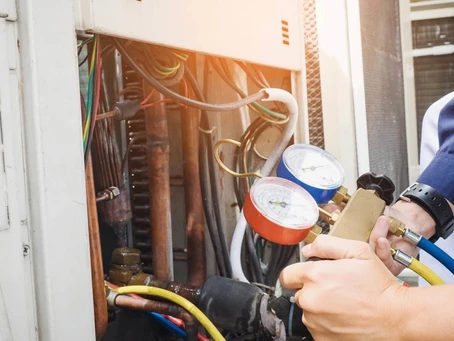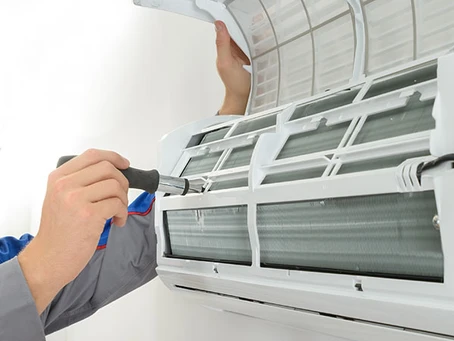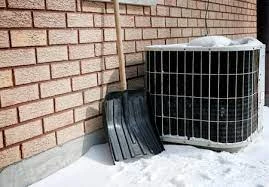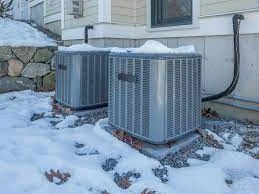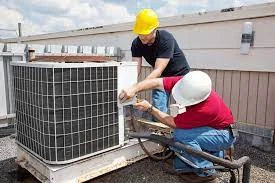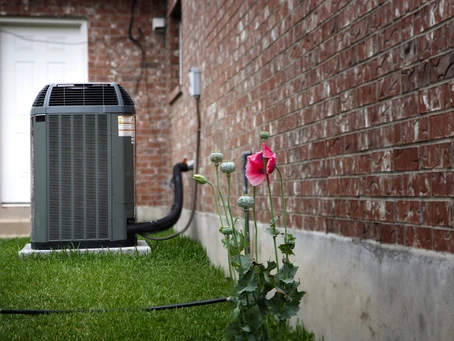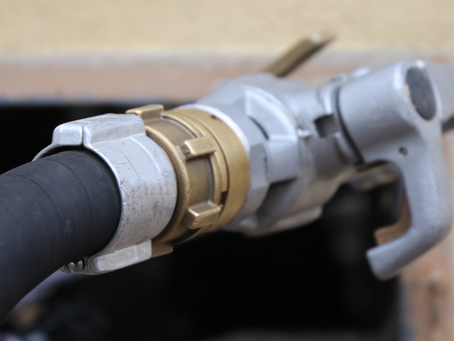With high energy bills and environmental concerns on the minds of homeowners all over the country, many are starting to reconsider their homes’ HVAC systems. While HVAC technology has improved drastically over the years, heating and cooling still make up the majority of home energy consumption and emissions.
That being said, innovation in the industry is by no means slowing down anytime soon, and there are plenty of current and near-future technologies that you can expect will transform residential HVAC for the better. So, if you’re a Chester County homeowner who wants to stay ahead of the HVAC curve, here are a few promising innovations in HVAC technology that you should know about.
Smart HVAC Technology
Smart thermostats are already becoming quite commonplace in homes all over the US, and for good reason. Not only do these thermostats allow you to make adjustments remotely, but they also help cut energy consumption by strategically turning your HVAC systems on and off throughout the day.
However, while these smart devices already help homeowners save, further smart technology integration will likely provide even more cost and energy-saving benefits in the near future. From further gains in efficiency and allowing for more precise control to being able to notify homeowners of problems before anything breaks, smart technology will undoubtedly continue to improve and become more common in home HVAC systems everywhere.
Ductless HVAC Technology
Ductless systems are another HVAC technology that is becoming increasingly popular. As the name implies, ductless systems don’t require ductwork, making them ideal for retrofitting air conditioning and heating into old buildings that lack ducts. But this isn’t nearly the only reason why these systems will continue to become more common.
The ducts used by traditional HVAC systems actually present a number of problems. First, ducts aren’t very efficient. As air moves through them, it can lose up to 40% of the energy used to heat or cool it before it even reaches your vents. And that’s before even considering that leaks are common and can cause even further losses in efficiency.
Ducts can also collect dust, mold, and other allergens that can significantly reduce the air quality in an indoor environment. This, along with the inefficiencies mentioned above, makes ductless systems the superior option in almost every scenario.
Energy Recovery Ventilation
Energy recovery ventilation technology is a recent innovation that aims to remedy a major inefficiency issue in most traditional HVAC systems. HVAC systems generally pull fresh air in from outside, which they either heat or cool, release into the home, and then expel through exhaust vents outside.
However, as this “stale air” is released, a lot of the energy used to heat or cool it is lost with it. Energy recovery systems aim to recover and transfer this lost energy into the incoming air, increasing the HVAC system’s overall efficiency.
While these technologies aren’t widely available yet, integrated ERV tech will likely be a driving force behind increased HVAC efficiency in the near future.
Dual Fuel Heat Pumps
Modern heat pumps are already known for their efficiency. But one of their biggest drawbacks is that the more extreme the temperatures are, the harder the heat pump has to work to transfer heat into or out of the home.
Dual-fuel heat pumps address this by using a second fuel, like natural gas, to provide power when it’s more efficient to do so. For example, at low temperatures, where heat pumps really struggle, the system can use natural gas heat to warm the home. Then, as temperatures rise, the electric heat pump can kick in, allowing for maximum efficiency no matter what.

Geothermal HVAC Technology
As the world continues to shift away from fossil fuels, renewables like geothermal energy will play an increasingly important role in home HVAC. Geothermal or ground-source heat pumps are already available, and while they tend to be quite expensive to install, they are some of the most efficient and eco-friendly HVAC systems on the market.
However, as geothermal HVAC technology continues to improve, costs will come down, and efficiency will continue to rise, making geothermal systems another major innovation to keep your eyes on.
Solar Heating
Solar power is the most abundant renewable energy source available. This, along with the fact that sunlight is naturally warm, makes solar energy and home heating a match made in heaven. The only problem is that these systems obviously require sunlight, restricting their use to only the sunniest of environments.
That being said, as solar heating technology continues to improve, you can expect that these systems will become more common, even in areas that aren’t considered particularly sunny.
Thermally Driven Air Conditioning
Thermally driven air conditioning is another recent innovation that could potentially play a big role in increasing HVAC efficiency and eco-friendliness. These systems essentially work by collecting heat from the sun and using it to drive chillers that provide cool air that it then pumps into an indoor environment.
This technology is still in its infancy and is not widely available yet. However, thermally driven air conditioning technology is incredibly promising, and once it matures, it will undoubtedly become an attractive choice for homeowners everywhere.
Ice Powered Air Conditioning
Ice-powered air Conditioning operates just as you think it would. This type of system freezes water in a tank and then uses the ice to assist in cooling the home throughout the day. Still, this is another innovation that is very much in its infancy.
While ice-powered air conditioning systems have proven to keep a building cool for up to six hours, they still need to be supplemented with a traditional air conditioner to keep things cool all day. So, though you shouldn’t expect these types of systems to enter widespread use anytime soon, they’re still an impressive innovation that shows where the industry could end up.
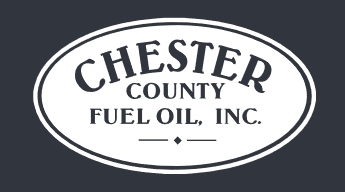
Contact Chester County Fuel Oil Today
Are you looking to upgrade your HVAC systems to something more modern? Give Chester County Fuel Oil a call. Their friendly team of HVAC experts is always there to answer questions and will happily give you advice on how to find a modern system that meets your needs. So, don’t let your home’s HVAC system fall behind. Contact Chester County Fuel Oil today!

